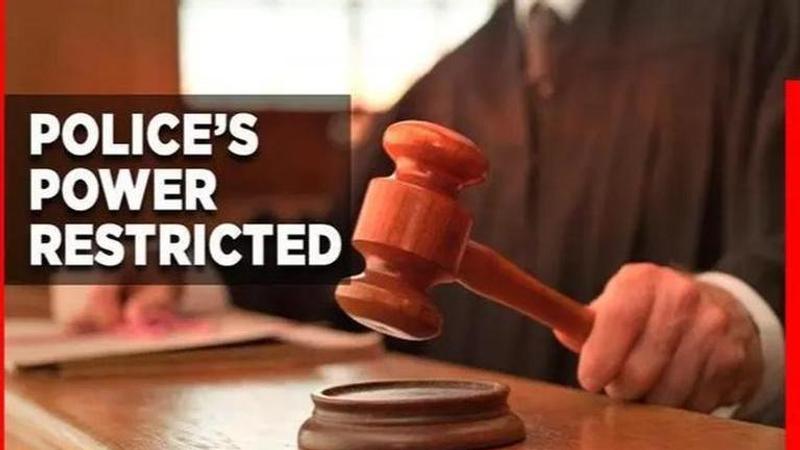Published 13:02 IST, September 24th 2019
Supreme Court restricts police's power over attachment of property
The Supreme Court has delivered a judgment, severely restricting the police's power over the attachment of immovable property during an investigation.

The Supreme Court of India has delivered a judgment, severely restricting the police's power over the attachment of immovable property during an investigation. The SC held that using the powers under section 102 of the Code of Criminal Procedure (CrPC), the police cannot attach a person's immovable property during the investigation.
Attachment of Immovable Property
The judgment was delivered by a bench comprising of Justices Deepak Gupta and Sanjiv Khanna. An appeal had been filed by the State of Maharashtra against November 29, 2010, Bombay High Court judgment in the case Sudhir Vasant Karnataki vs The State of Maharashtra. In the case, Justices R C Chavan and R S Dalvi of the Bombay HC held that police cannot seize immovable property. Aggrieved by the order of the HC, the State of Maharashtra filed an appeal which now the Supreme Court has dismissed.
The state of Maharashtra argued that since the police possess the power to freeze bank accounts during an investigation, they can similarly attach properties as well. However, the Supreme Court has quashed the argument and has clarified that the police has the authority to freeze the moveable properties of the accused.
Section 102 of CrPC
Section 102 CrPC allows the police the power to seize certain property. The provision states:
"102. Power of police officer to seize certain property.
(1) Any police officer, may seize any property which may be alleged or suspected to have been stolen, or which may be found under circumstances which create suspicion of the commission of any offence.
(2) Such police officer, if subordinate to the officer in charge of a police station, shall forthwith report the seizure to that officer."
Updated 18:39 IST, September 24th 2019




